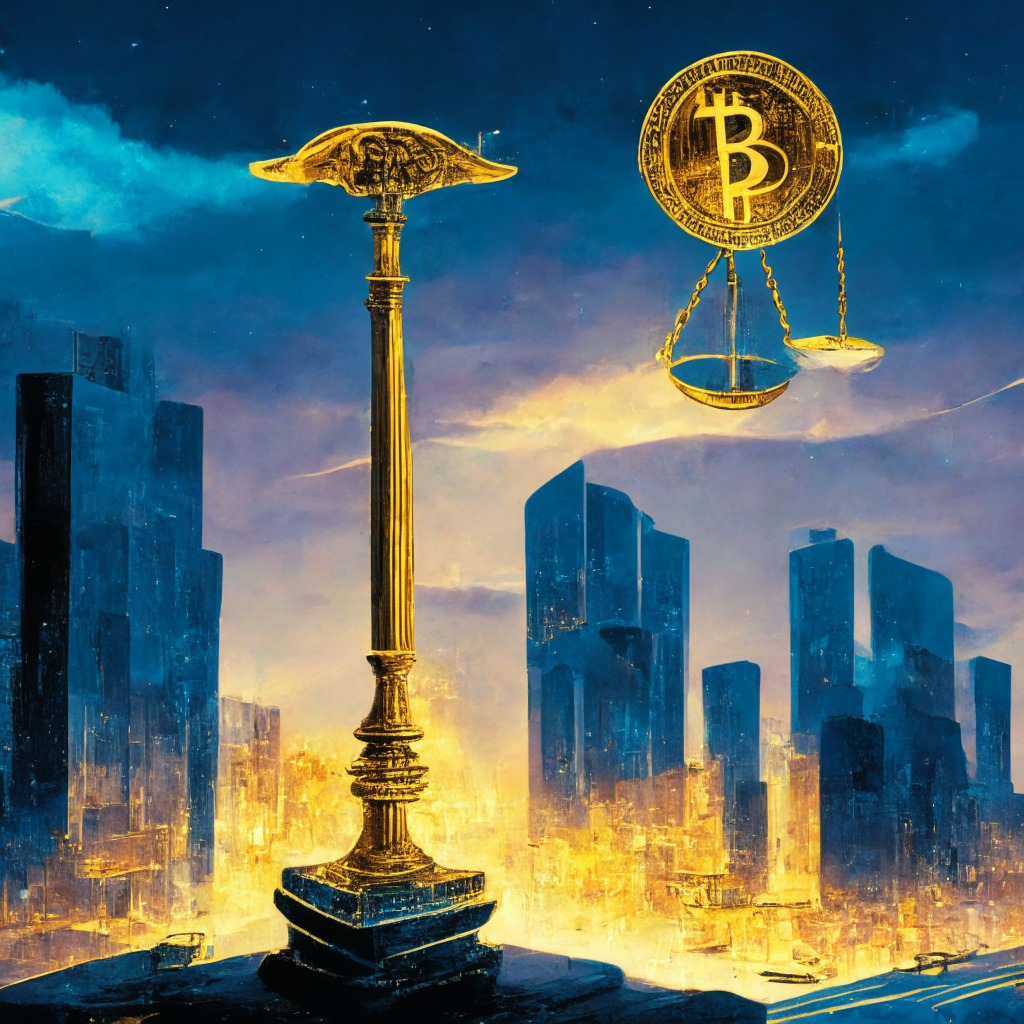Regulations in the blockchain ecosystem are a contentious issue. They can be a double-edged sword. Indeed, they provide a framework that protects investors and enforces accountability. However, excessive and strict regulations could inadvertently stifle innovation and push away industry participants. This delicate balance is reflected in the intriguing case of Sam Bankman-Fried, a well-known crypto figure facing charges over wire fraud allegations related to his investment into artificial intelligence startup, Anthropic.
Bankman-Fried, who invested a whopping $500 million into Anthropic, is now under scrutiny with prosecutors arguing that the funds were misappropriated from FTX customer deposits. This comes amidst Anthropic’s recent efforts to attract even more investment, eyeing tech giants like Amazon and Google and even a potential valuation up to $30 billion.
While the case’s merits are yet to fully unravel, it certainly poses critical questions on how accountable individuals should be held over their investments using crypto assets, especially from customer deposits. Contrarily, it also brings to light the argument of potential recovery for investors who have lost out should the accused’s investments significantly rise in value, posing potential for a fair settlement.
The U.S government seems steadfast in its stance, contending that profitable or failing investments do not bear weight on the charges levied. These centers around the alleged misuse of customer deposits for personal investments and expenditures. Instead, the spotlight seems to be on how massive losses were inflicted on FTX’s balance sheet due to alleged misappropriation of funds.
The story does not ends here. In another corner of our rapidly evolving industry, OpenSea, a nonfungible token (NFT) platform, denies allegations regarding the involvement of a former employee in the infamous AnubisDAO rug pull event. Following the accusations, the alleged fraud investigation unveils how the blockchain industry is a far cry from the Wild West perception often portrayed, as sophisticated detective work and forensic analysis come into play.
These incidents, while unsettling, underline the role regulations play in ensuring investor protection, upholding accountability, and maintaining transparency within the crypto landscape. They underscore the need for an efficiently regulated environment to mitigate malpractices and to nurture confidence amongst participants. On the flip side, however, they also caution against excessive regulation, which could potentially hamper innovation and technological advancement.
As crypto enthusiasts and participants, we must vigilantly interpret these developments and strive to find that balance where regulations promote fruitful growth of the crypto ecosystem, all the while ensuring safety and trust for its participants.
Source: Cointelegraph




